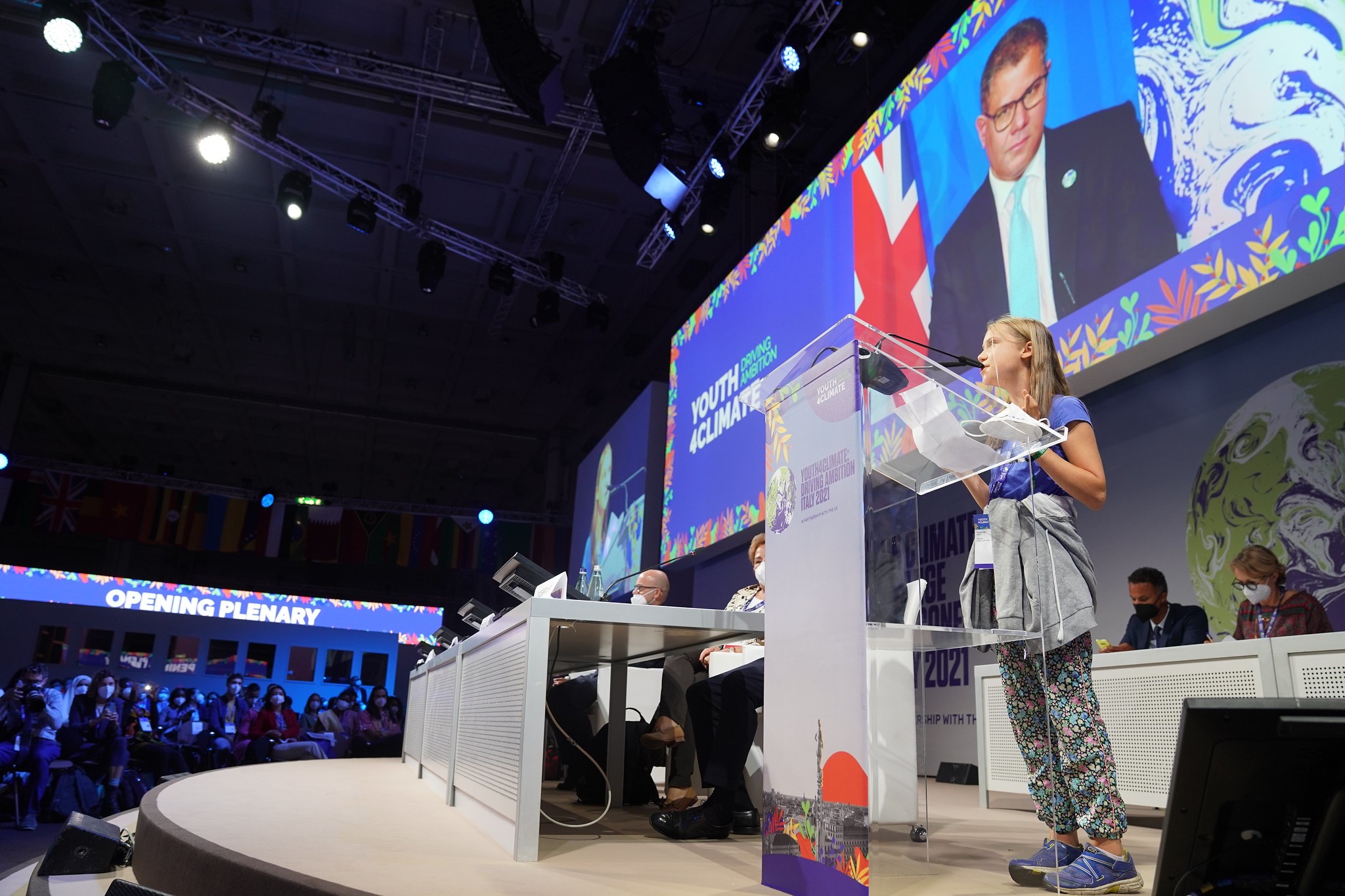
UPDATE: The #Youth4Climate Manifesto is now officially complete. Read the document in its entirety here.
Some 400 young climate leaders from all over the world gathered in Milan from September 28-30 to brainstorm much-needed solutions in four key thematic areas. What follows is a concise overview of the key messages adopted by delegates at the Youth4Climate: Driving Ambition Summit, which were presented to ministers attending the Pre-COP26 conference. The full document will remain open for comments from the delegates until October 25th to ensure that their recommendations will inform COP26 when it convenes in Glasgow this November.
The time is now to take comprehensive climate action that is both inclusive and equitable, as the #Youth4Climate: #DrivingAmbition delegates stated loud and clear. It’s up to our policymakers to heed their thoughtful words and make the commitments necessary to secure a sustainable existence for our planet and future generations. Leaders, the #WorldIsWatching.
Banner/thumbnail images by Leigh Vogel/Connect4Climate.
Youth Driving Ambition
The first theme the young delegates tackled in their working groups was one very close to home for them: Youth Driving Ambition. Their challenge was to find ways to increase youth participation at the local, national and global scales, and they tackled it with a three-pronged approach.
The delegates’ opening request to world leaders was that they work to ensure Meaningful Participation by youth in future climate negotiations, giving young representatives from around the world the chance to voice their lived experiences and ideas and make a real impact on international climate policy.
[video:https://www.youtube.com/watch?v=m-oXvzixTiw]
Next was a request for Capacity Building support: the provision of financial, administrative, and logistical resources to empower young people at the local level with the means to effectively express themselves on climate issues.
The crucial third component to the delegates’ Youth Driving Ambition proposal was Funding: they urgently requested the allocation of public and private monies to support youth participation in decision-making on climate.



